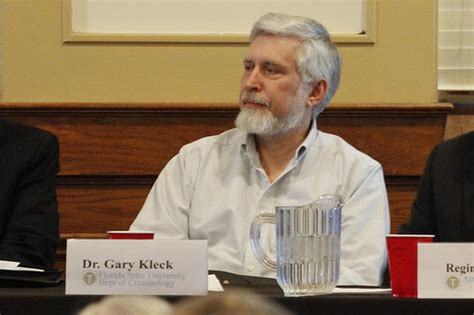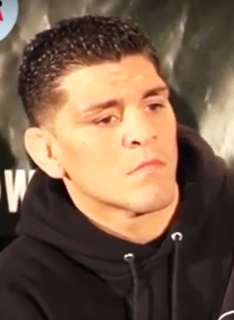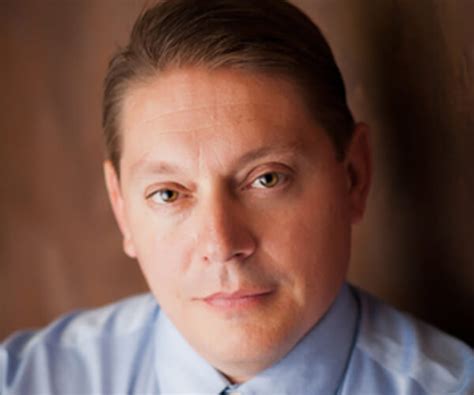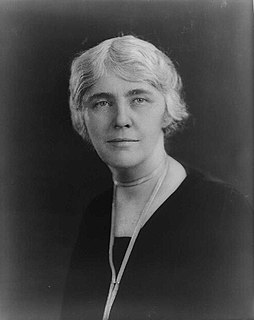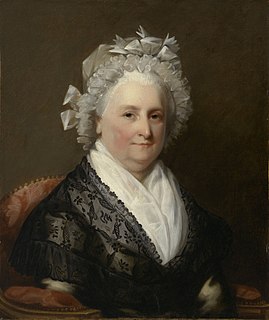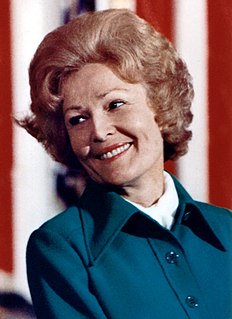A Quote by Rosalynn Carter
There's a mental health problem in the sense that people are so afraid of the stigma that they don't get help. But there's absolutely a gun control problem in the country.
Related Quotes
Where LGBT and mental health issues collide is over stigma. And stigma is society's problem not the problem of the LGBT or mental health community. What we have to deal with is the ignorance, fear and prejudice that blight the lives of those who have nothing wrong with them in any moral or transgressive sense. It is society that is ill.
One of the issues I think is very important, in many communities of color, there's a stigma about mental health. We find that the shaming that comes from acknowledging that one may have some issues that may relate to mental health, often people are not willing to go and seek additional help because of that shaming or that cultural stigma that's associated with it. And I think that we need to make this change in how people approach mental health.
Probably fewer than 2% of handguns and well under 1% of all guns will ever be involved in a violent crime. Thus, the problem of criminal gun violence is concentrated within a very small subset of gun owners, indicating that gun control aimed at the general population faces a serious needle-in-the-haystack problem.
This is what I would call old politics. This is the stuff we're trying to get rid of. Because the problem is, when we start breaking down into conservative and liberal, and we've got a bunch of set predispositions, whether it's on gun control, or its' on health care, any attempt to do health care is socialized medicine.
The problem is not gun possession; the problem is manufacturing guns - who's making these guns and how they gettin' out on the street? There shouldn't even be guns for us to possess. If there wasn't any, then it wouldn't be a problem. So we need to go to the source of the problem. They're making all these wars so they can make more weapons and sell them, and they wanna kill more people - they need population control,'cause people have to die in order for this world to continue. That's the government's goal right now.
The problem facing humanity today is not a political problem; it's not a financial problem; it's not a military problem. It's obviously a spiritual problem. That is, it has to do with what we believe to be true about who we are, where we are, why we are where we are, and what are we doing on the Earth. What is the purpose of life itself? What we need right now are leaders or models, people who will stand up and not only help to write a cultural story, but help to model it in the way that they interact with each other.
Fighters are afraid of conditioning, they are afraid of getting tired, but I don't want to have anxiety or be afraid of anything. I can go 100 percent out there and never have to worry about getting tired. Everybody says fighting is 90 percent mental, and it's true. Knowing you can go 15 minutes or 25 minutes without any problem can help you sustain that mental advantage over your opponent.
One of the things we need to do is address mental health care as an integral part of primary care. People often aren't able to navigate a separate system, so you see successful models where a primary care physician is able to identify, diagnose, and concurrently help people get mental health treatment who have mental health issues.





